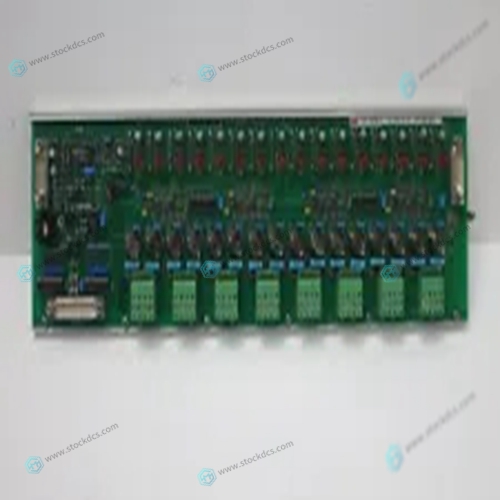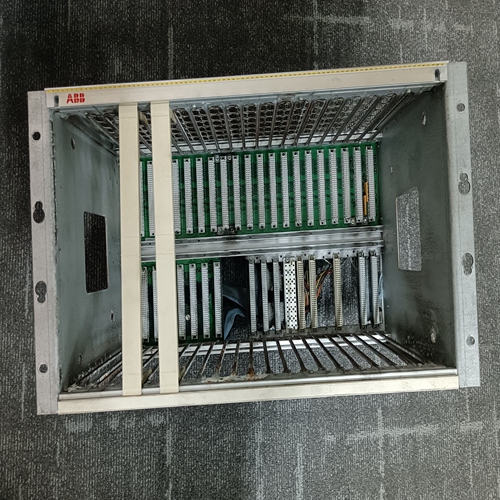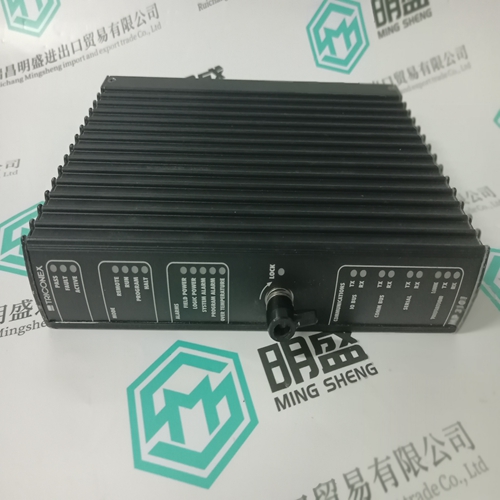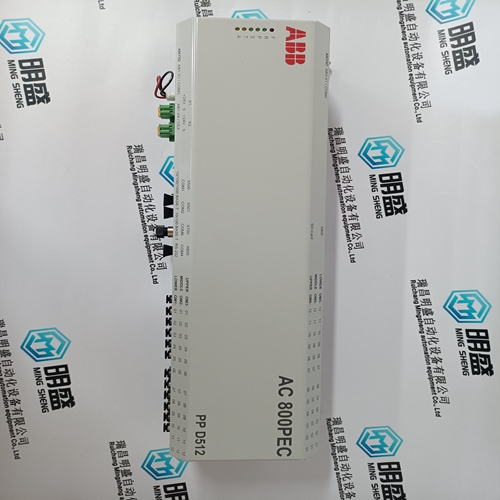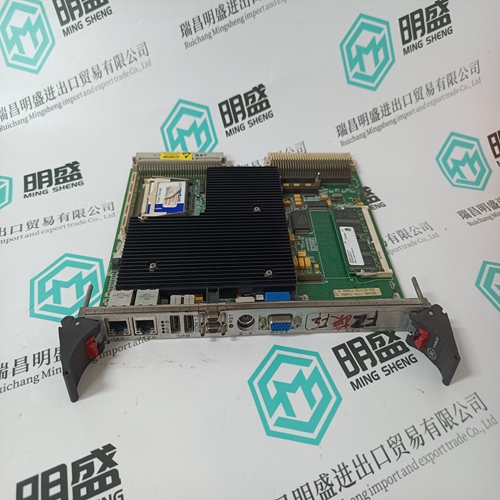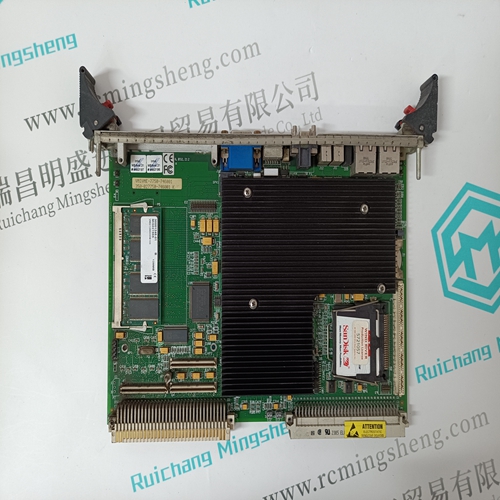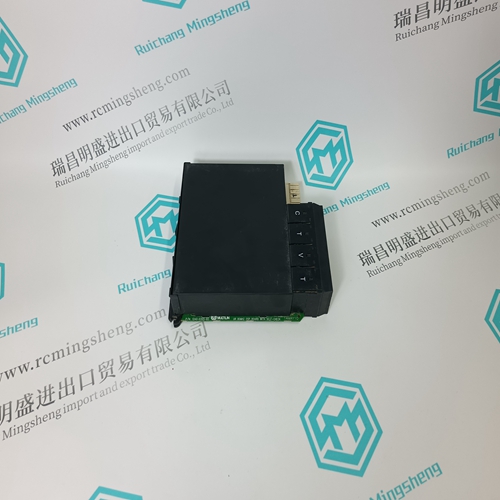Home > Product > DCS control system > ABB UNS0862A-P HIEE405179R1 Pulse interface card
ABB UNS0862A-P HIEE405179R1 Pulse interface card
- Product ID: UNS0862A-P HIEE405179R1
- Brand: ABB
- Place of origin: The Swiss
- Goods status: new/used
- Delivery date: stock
- The quality assurance period: 365 days
- Phone/WhatsApp/WeChat:+86 15270269218
- Email:stodcdcs@gmail.com
- Tags:ABBUNS0862A-PHIEE405179R1Pulse interface card
- Get the latest price:Click to consult
ABB UNS0119A-P 3BHE029153R0101 3BHE029154P3 Excitation module
• If connecting to a CI via the Interface Adapter, the T-connection must plug directly into the BNC jacks on the bottom of the unit. • If wiring a connector directly onto the back of the CI DIN41612 connector, keep the lead to the BNC jack as short as possible, i.e. just long enough to come out of the backshell and no longer (the Ethernet standard recommends no more than 4 cm).When connecting equipment to a hub or switch, use a standard straight (pin to pin) cable. If connecting equipment together (e.g. CI directly to a PC, or PC to PC) then a crossover cable is required. A crossover cable is sometimes also required to connect two hubs/switches if they do not auto-detect the connection, and some devices have a selection switch.
Ethernet – 10BaseT/100BaseT
The 10BaseT/100BaseT Ethernet connections normally use unshielded twisted pair cable (EIA Category 3 (‘Cat3’) or better for 10BaseT and ‘Cat5’ for 100BaseT). The standard connector is the 8 pin RJ45 jack. The rules for connecting 10BaseT Ethernet are given below. • 10/100BaseT Ethernet is a ‘star’ network. A point to point link between two nodes may be made with a single cable. Multiple nodes require a central device to connect nodes together. A hub relays data packets to all nodes. A switch intelligently routes data packets only to the intended recipient. • The maximum length of a (copper) segment is 100 m with the cable grades listed above. Longer distances are usually converted to fibre. • Only use twisted pair cable. Non twisted pair can degrade network performance severely.
The CI module Ethernet ports
do not auto-detect the cable wiring, as switches do. This may result in problems if both ends drive the same cable pair, because the drivers can latch up and fail to recover, requiring a restart of the CI module and Ethernet device. The switch may also not auto-sense the difference if the cable type is changed. Table 23 below shows the cable wiring for the 10/100baseT Ethernet connections on the Communications Interface. The table shows both crossover and straight connections:: TD+ and TD- should be connected as one twisted pair, RD+ and RD- as the other. Pins 4,5,7 and 8 of the RJ45 are unused on 10/100BaseT applications although a number of ready made cables have the connections made.







Our superior products
ABB -- AC 800M controller, Bailey, PM866 controller, IGCT silicon controlled 5SHY 3BHB01 3BHEO0 3HNA00 DSOC series
BENTLY --- 3500 system/proximitor, front and rear cards, sensors, power modules, probes, cables
Emerson -- modbus card, power panel, controller, power supply, base, power module, switch
EPRO --- Data acquisition module, probe, speed sensor, vibration sensor, shaft vibration transmitter, proximitor
FOXBORO - thermal resistance input/output module, power module, communication module, cable, controller, switch
GE --- module, air switch, I/O module, display, CPU module, power module, converter, CPU board, Ethernet module, integrated protection device, power module, gas turbine card
HIMA --- DI module, processor module, AI card, pulse encoder
Honeywell --- Secure digital output card, program module, analog input card, CPU module, FIM card
MOOG - servo valve, controller, module, power module
NI --- Information acquisition card, PXI module, card, chassis multi-channel control card
WESTINGHOUSE --- RTD thermal resistance input module, AI/AO/DI/DO module, power module, control module, base module
Woodward - Regulator, module, controller, governor
YOKOGAWA - Servo module, control cabinet node unit
